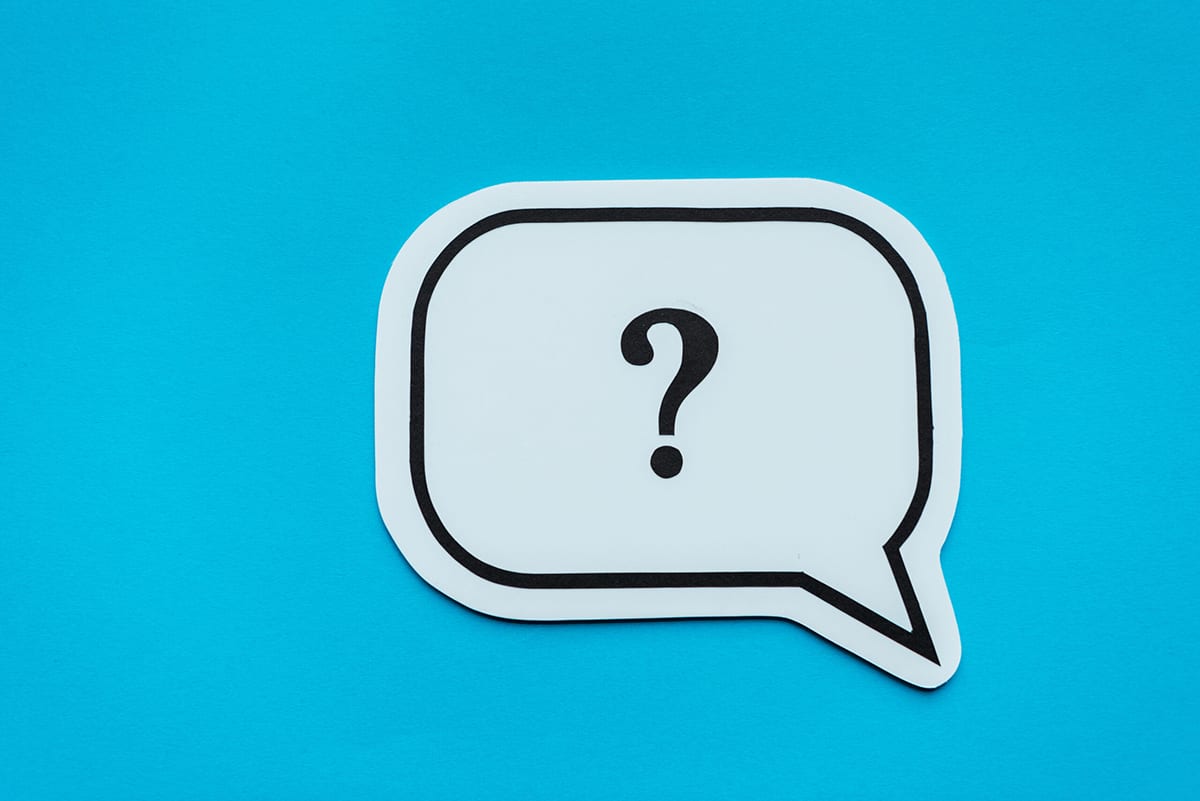
Yes, it's almost vacation time. And despite widespread flight shame, airports will once again be overcrowded. The queues, which are supposed to be controlled with barrier belts, will, as always, blur into uncontrolled masses of people and suitcases far beyond the designated rows, resembling an overeaten anaconda, sluggishly barely moving.
Queues at check-in, security or passport control are a nuisance. Fortunately, we no longer have to go to the airport for check-ins if we are still flying. We can do this conveniently online and via our cell phone. But not only that, we no longer even have to go on vacation for check-ins, we can do it every day or every week in our everyday working lives. The term has become so popular that we no longer even know where we originally wanted to go because of all the check-ins.
The use of the word check-in began after the pandemic. After employees around the world were supposed to return to their workplaces, employers were astonished to discover that this was not happening. The overpaid office spaces remained empty and the underpaid people continued to stay at home. The personal encounters, the informal conversations or the brief eye contact when passing by remained absent and complicated everyday working life enormously. They were all small check-ins with colleagues in the workplace, long before the term had made it from airports and hotels to the common office space.
Important for cooperation with and without luggage
The term "check-in" comes from the English language and is used in various contexts to describe the process of registering, booking or checking in a stranger to a travel group or accommodation. The term originally comes from the hotel and aviation industry, but has since spread to many other areas.
When checking in at a hotel, guests report to reception to register as arrivals, receive their room keys and complete the necessary formalities such as identity checks. When checking in at an airport, passengers register for their flight, check in any luggage and receive a boarding pass in return, which entitles them to change airside at the airport, i.e. to go to where the perfumes and spirits are cheaper and the planes are ready for departure. The boarding pass also entitles them to board such a plane and travel in a predetermined seat.
Check-ins also exist in the leisure sector for cruises and conferences, whereby the latter is a hybrid between leisure and business. Quite the opposite of the application in technology and software. Nothing is leisure there, even if the offices at Google imply otherwise. There, a check-in can describe the process by which developers enter their code into a central repository after they have made changes. Or in editorial offices, where the fun factor at work has also long since shrunk to a minimum. There, articles are checked in and out and raised to the next status so that the next worker, be it designers, proofreaders, picture editors or whoever, can do their work.
Check-ins are therefore omnipresent and have recently also become necessary in employee management when those who have stayed at home suddenly turn up at the office again and are irritated when HR managers and colleagues ask: "How are you?" In real life, or IRL for short, it's always easier to tell how a person is feeling. That's why there are free check-ins every day at the coffee machine, in the corridor, in front of the meeting rooms, in the canteen, in the toilet or while smoking. And usually without a queue, but with a lot of empathy. Such encounters are nice and sometimes almost feel like a little vacation.
* Benno Maggi is co-founder and CEO of Partner & Partner. He has been eavesdropping on the industry for over 30 years, discovering words and terms for us that can either be used for small talk, pomposity, excitement, playing Scrabble, or just because.
 Ottavia Masserini has experience as a media spokesperson and communications expert at Swiss Federal Railways (SBB), where she worked in corporate communications and public relations in the three major language regions from 2017 to 2021. For the past three years, she has been Chief of Staff of SBB's Real Estate department, where she was able to deepen her strategic, regulatory and procedural knowledge.
Ottavia Masserini has experience as a media spokesperson and communications expert at Swiss Federal Railways (SBB), where she worked in corporate communications and public relations in the three major language regions from 2017 to 2021. For the past three years, she has been Chief of Staff of SBB's Real Estate department, where she was able to deepen her strategic, regulatory and procedural knowledge.










































